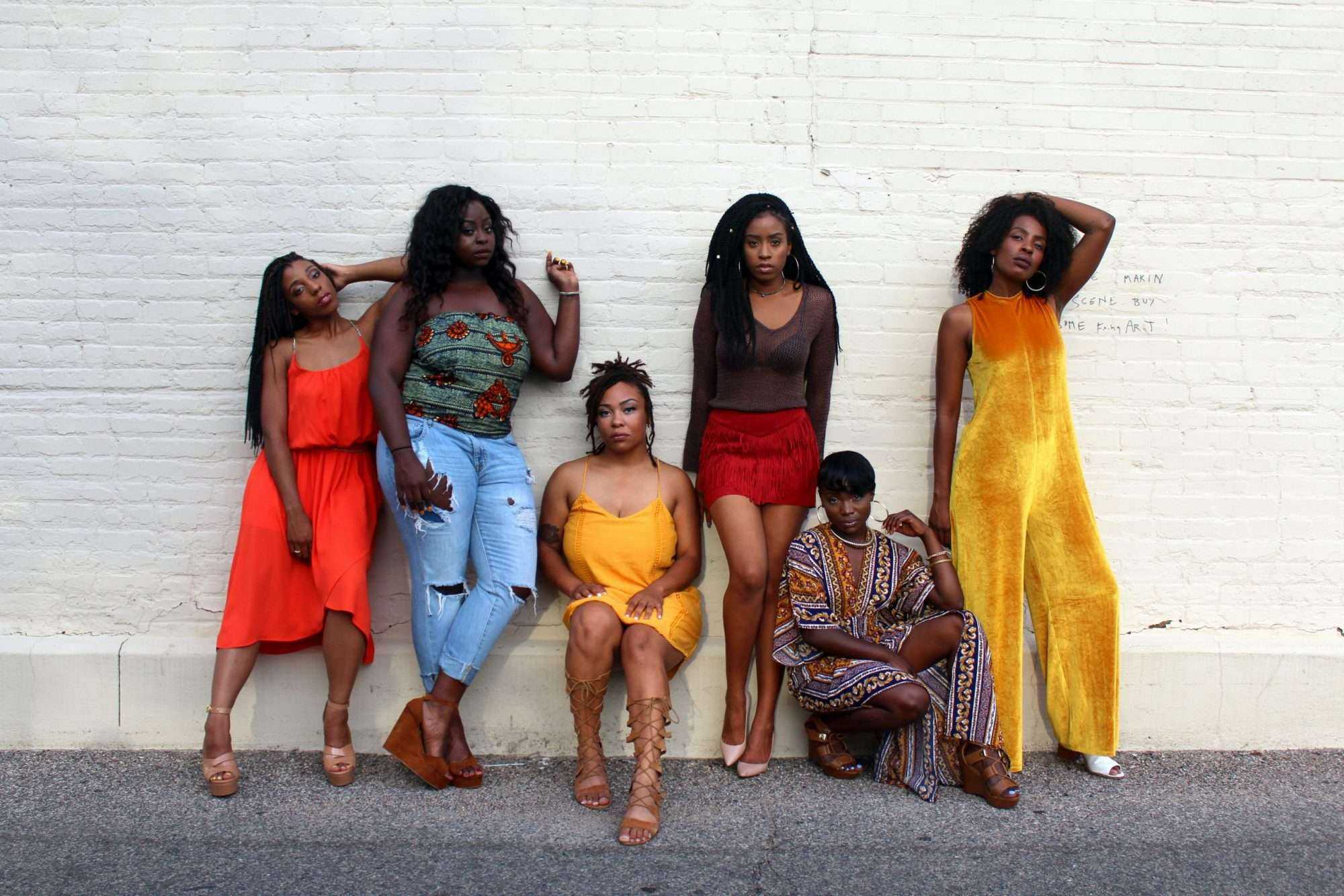BY JANIECE CAMPBELL
“Who taught you to hate the texture of your hair? Who taught you to hate yourself from the top of your head to the soles of your feet?” – Malcolm X
My little sister and I both wear our hair naturally, but we have two completely different hair textures. Where she’ll spend endless hours fighting her stubborn hair, mine can be tamed in minutes with a little spritz of water and some curl definer. As our mother would sit us down between her legs to detangle our freshly washed manes, I’d see my sister painfully scrunch up her face every time the comb struggled to run freely through her thick coils. She’d look at me, nearly teary-eyed and say something along the lines of, “I wish I had good hair like you.”
Good hair?! I didn’t see how my hair was any greater than my sister’s. I’ll admit that I had easier-to-comb-through loose curls, but I believed that was a result of unpredictable genes. In my eyes, it didn’t make me any better and it didn’t make her any less. We practically used the same products and wore alike hairstyles. The use of the phrase ‘good hair’ implies that there’s a polar opposite – if mine was ‘good’, was her hair supposed to be considered ‘bad’?
The ‘bad’ hair in question can be categorized as kinky type 4 hair (based on Andre Walker’s classification system), the most common textures found among black hair. The tightness and density of these hair types set them apart from all others; they are prone to a tremendous amount of shrinkage, breakage and dryness. It can be extremely difficult to manage, but it is far from the negative traits that people villainize it as.
The black community’s collective disdain for our hair is learned behaviour that we desperately need to let go of. The negative and racialized vocabulary we speak onto our hair, such as “nappy” is quite concerning. On countless occasions, I’ve witnessed my own mother’s “oohs” and “ahhs” when a drop of moisturizer touches my hair and it gets super curly. She combs through my hair with joy and admiration, emotions that I’ve never seen reflected while she does my sister’s. Do you realize how damaging that could be to a little black girl’s self-esteem?
Now, though my mother unconsciously reinforced this ‘good hair’ concept in our home, she isn’t the one to blame. This idea comes from centuries of perpetuating white European-centric beauty standards onto black people. Slave masters dehumanized Africans, labelling their hair as fur or wool as a way of associating them with animals. Even after slavery, we were conditioned to believe that we weren’t beautiful, so we created intense hair treatments to make our hair silky and smooth. We were pressured to chemically alter our hair while literally burning our scalps in the process, just to assimilate and be accepted into society.
Our natural hair is our history; it is a source of strength and a symbol of creativity. Hair was a highly regarded integral part of a complex language system throughout early African civilizations. Different hairstyles could indicate an abundance of things such as marital status, age, religion, wealth and geographic origins. Not only was it a factor in identification, but braided hairstyles in particular became a survival technique. Skillfully hidden in cornrows were rows of rice, seeds or beans for our ancestors to eat during the transatlantic slave trade. Thick hair textures were an essential feature of black history and deserves much more societal appreciation.
In short, ‘good hair’ in regard to silkiness and loose curl patterns is extremely ignorant, obsessive and is just another way that we mindlessly pit against each other in the black community. There Is no singular race that can or can’t have good hair. Good hair is healthy and moisturized, and should be embraced at every length, curl, coil and kink.

